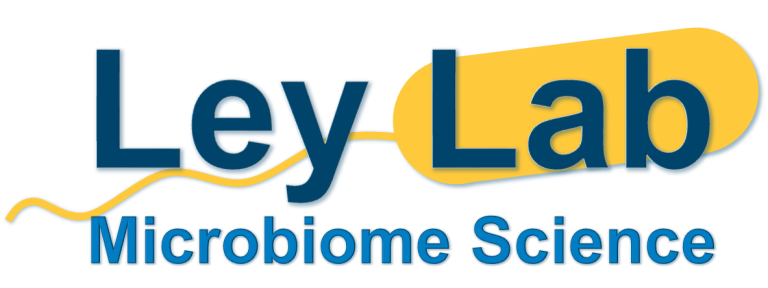Host-associated microbial communities demonstrate remarkable diversity and dynamics while maintaining stability, reflecting their co-evolution with humans. The gut microbiome, particularly for humans, is integral to various bodily functions. We aim to understand the principles underlying its temporal stability and rapid response to external influences, as well as how the vast functional potential encoded in gut microbial genomes is realized.
To address these questions, we employ algorithms, software pipelines, and statistical methods to analyze microbiome sequencing data in the context of health, disease, diet, and geography. Our approach encompasses conventional metagenomics and modified techniques such as high-throughput conformation capture (Hi-C metagenomics).
The outcomes of our associative studies provide a basis for elucidating the ecological principles governing community assembly, understanding mechanisms of host-microbiome homeostasis, and ultimately translating microbiome discoveries into practical applications in real-life clinical and nutritional settings.
In the field of microbiome research, our work encompasses various topics, including:
– Disease biomarkers and predictors of response down to strain level.
– Diversity of mobile genetic elements and their connections to host bacteria, with a focus on drug resistance.
– Compositional microbiome data analysis.
– Reference-free algorithms for the analysis of metagenomes.
– Investigating the impact of food and environmental microbiomes on human health.
– Spatial organization of chromosomes in bacteria and archaea.


